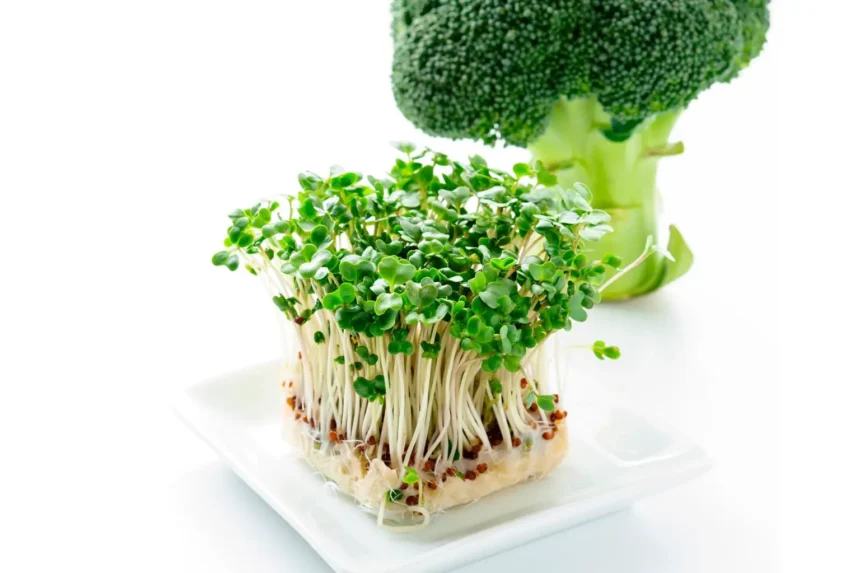The health advantages of broccoli sprouts, especially their polysulfide concentration, have been clarified by recent studies. These sprouts have a much higher polysulfide content as they sprout and mature, which may be one of the reasons for their possible health benefits. The surprising finding raises the notion that polysulfides are essential for the growth and development of plants.
Broccoli sprouts have been discovered to contain seven times more polysulfides than mature broccoli
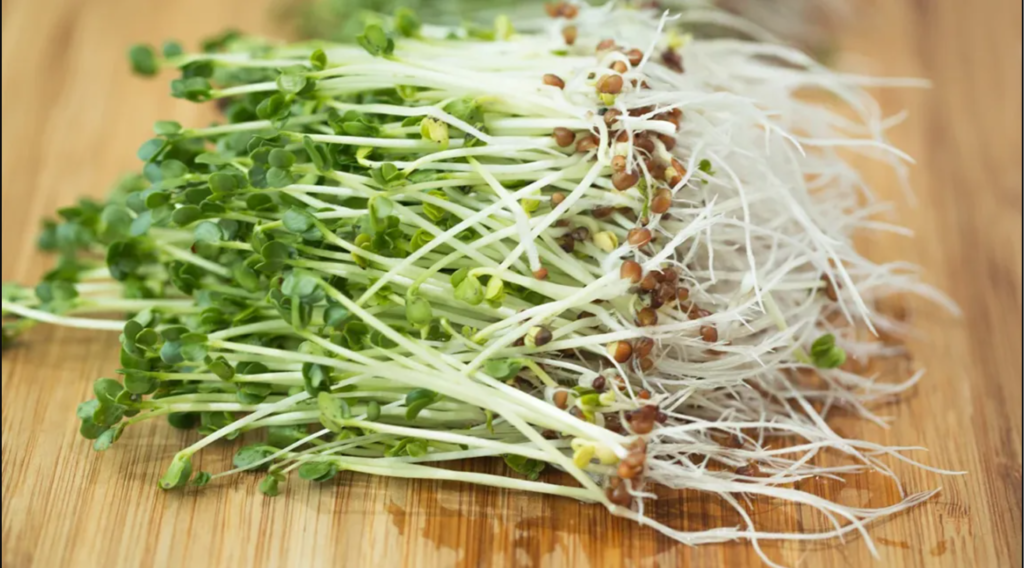
Do you recall your parents telling you to eat your greens because they are healthy? They were, indeed, right on the money. Because cruciferous vegetables, like broccoli, are high in organosulfur compounds like glucosinolates and isothiocyanates, which have a wide range of bioactivities including antioxidant activity, higher intakes of these vegetables are linked to lower risks of diseases like diabetes and cancer, according to several studies. On the other hand, hardly much research has been done on broccoli sprouts’ endogenous polysulfide concentration.
Also read : Natural Selection Surprises: Evolutionary Insights From Florida’s Wild Lizards
Research on Polysulfides in Broccoli Sprouts
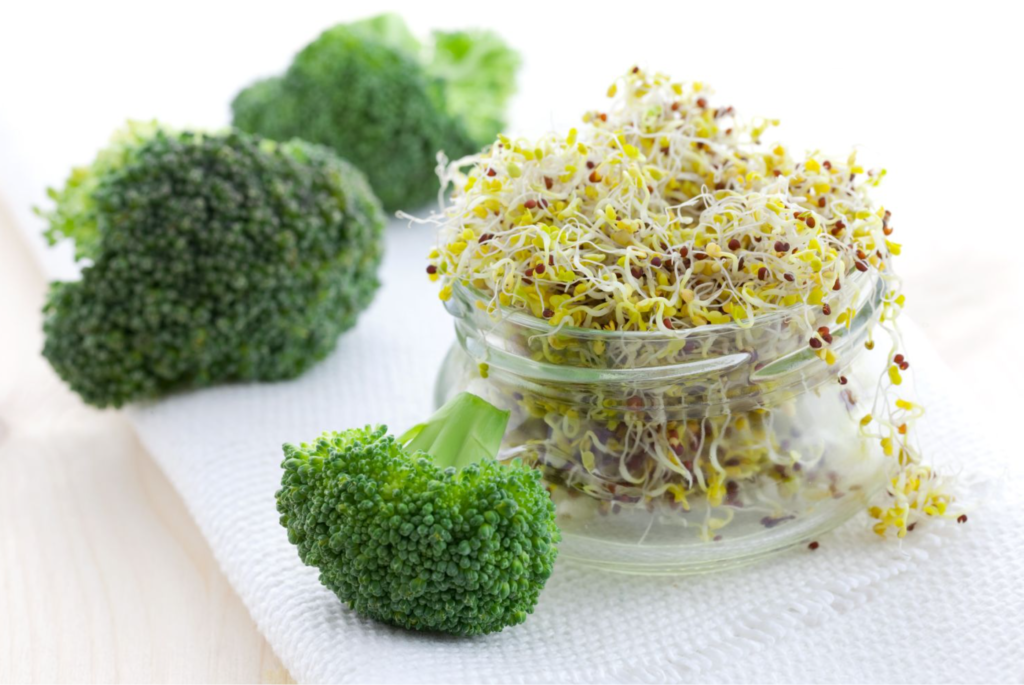
Under the direction of Professor Hideshi Ihara and Assistant Professor Shingo Kasamatsu of Osaka Metropolitan University’s Graduate School of Science, a study team examined the quantity of polysulfides in broccoli sprouts during the germination and growth stages. extending the findings of their earlier study, which showed that cruciferous vegetables were rich in polysulfide compounds.
The researchers discovered that the overall amount of polysulfides in broccoli sprouts grew dramatically throughout germination and growth, peaking on the fifth day of germination at a rate of about 20 times. They also found several unidentified polysulfides with unclear molecular structures. These results imply that broccoli sprouts’ well-known ability to promote health may be attributed in part to their high polysulfide content.
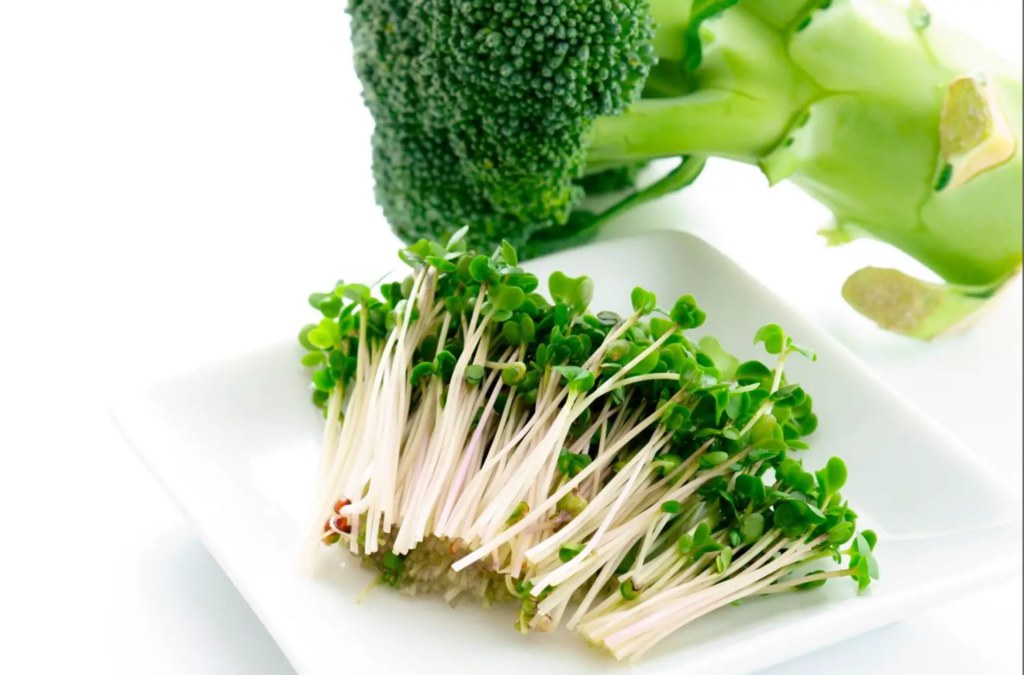
The study revealed that the total polysulfide content of broccoli sprouts was significantly higher than that of mature broccoli.
Polysulfide Health Benefits:
Organic molecules called polysulfides are made up of chains of sulphur atoms. They are mostly present in various vegetables, particularly those in the cruciferous family, which includes Brussels sprouts, garlic, onions, and broccoli. The following are some possible health effects and nutritional advantages of polysulfides:
Antioxidant Properties :As antioxidants, polysulfides can aid in the body’s defence against dangerous free radicals. This may lessen oxidative stress, which has been linked to ageing and a number of chronic illnesses.
Cardiovascular Health: According to certain research, polysulfides may aid in the dilation and relaxation of blood vessels, which may enhance blood flow and lower blood pressure. This may promote improved cardiovascular health.
Anti-cancer Properties: Polysulfides may have anti-cancer capabilities based on some research. They may aid in causing tumour cells to undergo apoptosis, or programmed cell death, and in preventing the growth of some cancer cells.
Detoxification: When the liver is detoxing toxic compounds out of the body, polysulfides can help. They could help turn some poisons into water-soluble forms that are easily eliminated.
Neuroprotective Effects: Certain polysulfides, like those in garlic, may have neuroprotective properties that could help stave against neurodegenerative illnesses.
Implications and Future Prospects
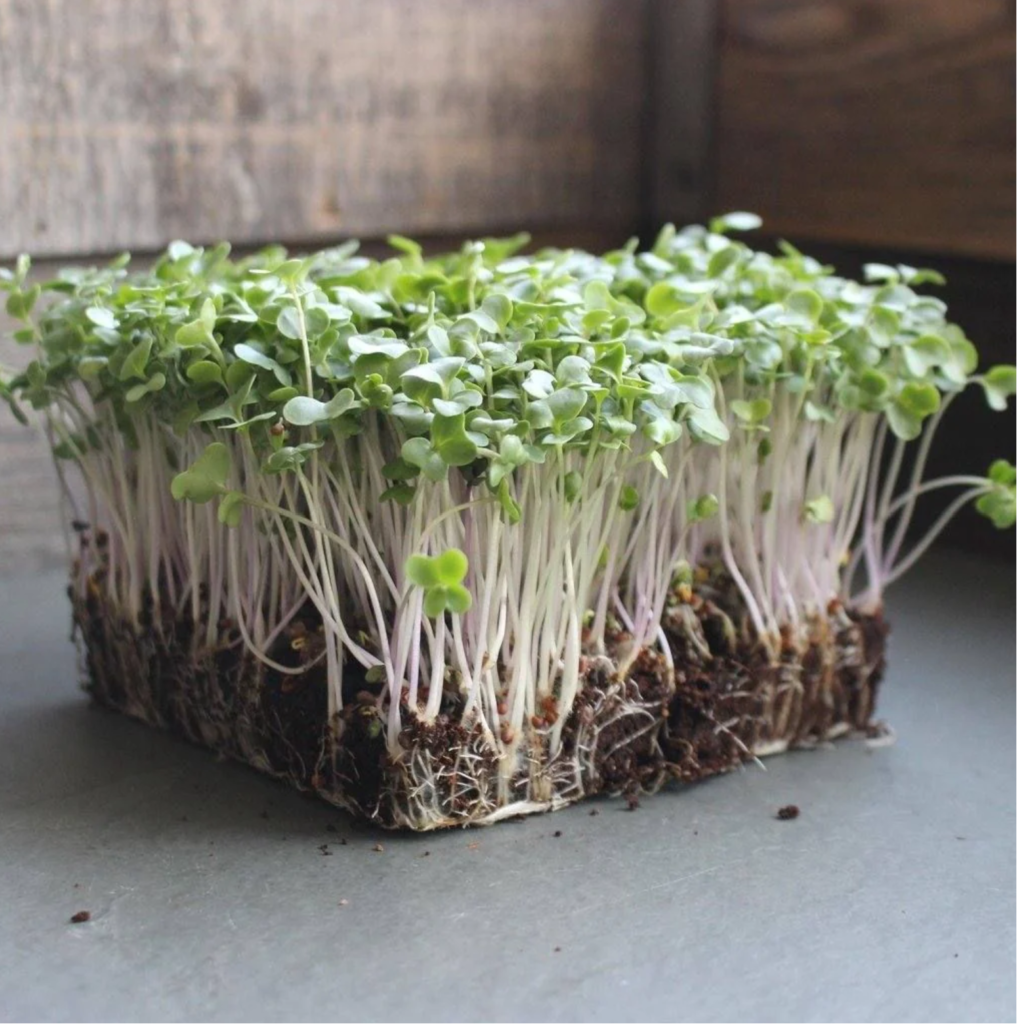
Dr. Kasamatsu stated, “The discovery of the significant increase in polysulfide content during the sprouting process from broccoli seeds was completely by chance and very surprising. This finding suggests that polysulfides may play an important role in the process of plant germination and growth. Further investigation of the pharmacological function of these unknown polysulfides could lead to the development of new preventive and therapeutic approaches and medicines for neurodegenerative diseases, stroke, cancer, inflammation, and other oxidative stress-related diseases.”
Reference: “Untargeted polysulfide omics analysis of alternations in polysulfide production during the germination of broccoli sprouts” by Shingo Kasamatsu, Takuma Owaki, Somei Komae, Ayaka Kinno, Tomoaki Ida, Takaaki Akaike and Hideshi Ihara, 6 September 2023, Redox Biology.
DOI: 10.1016/j.redox.2023.102875
Also read : The Secret Code Of Nature: The Way Plants “Speak” Through The Air Via VOC







